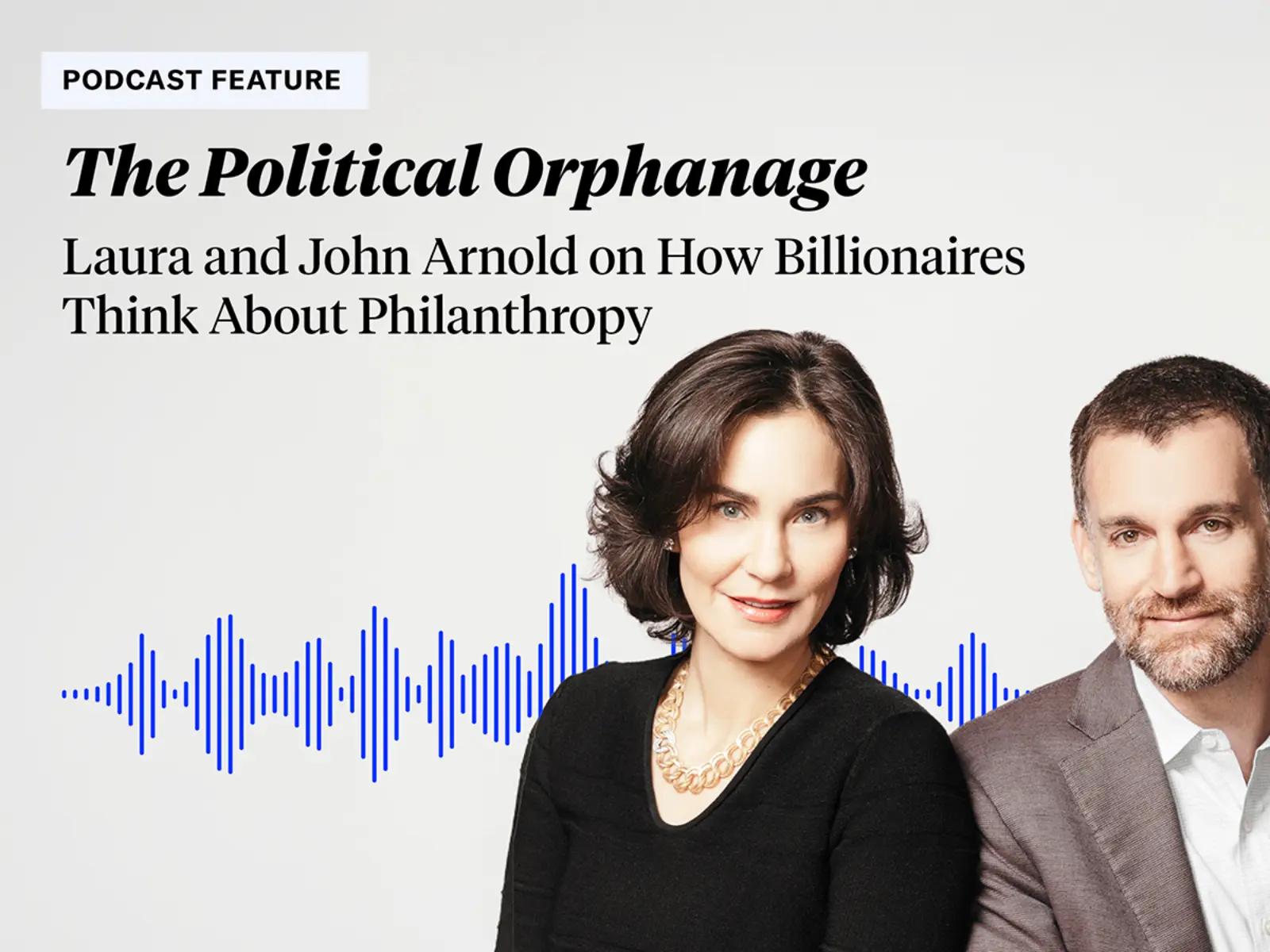Grant Recipient: The University of Chicago
Term: 2018 –2023
Principal Investigator: Jonathan Guryan, Ph.D., Northwestern University and University of Chicago Urban Labs
Summary: This is a randomized controlled trial (RCT) to evaluate a high-dosage math tutoring program for 9th graders in high poverty high schools. The intervention, developed and delivered by SAGA Innovations, consists of intensive individualized math tutoring for 9th graders for one class period per day, every school day. Students receive the tutoring in small groups of up to four students per tutor working either with their in-person tutor or, on alternate days, with an educational technology software program. Tutors are well-educated individuals (often recent college graduates), without formal teacher training, who are willing to work for one year for a modest stipend as a public service. The estimated cost of the intervention is $2,500 per student.
The program is backed by promising prior evidence of positive effects on math achievement. Specifically, a well-conducted RCT of a higher-cost version of SAGA math tutoring, in which students received daily in-person tutoring without the educational technology component, found that the program produced meaningful gains in math achievement after one year, with longer-term follow-up forthcoming. This RCT seeks to determine whether the program can achieve similar gains at lower cost by using educational technology to deliver the tutoring on alternate days.
The study will take place within six public high schools in Chicago and New York City. It will randomize approximately 3,500 students to either the SAGA intervention or to a control group that will receive usual services (i.e., elective coursework). The primary outcome will be math achievement, as measured by state achievement tests, over the two years following random assignment. This project is co-funded with the Overdeck Family Foundation.














